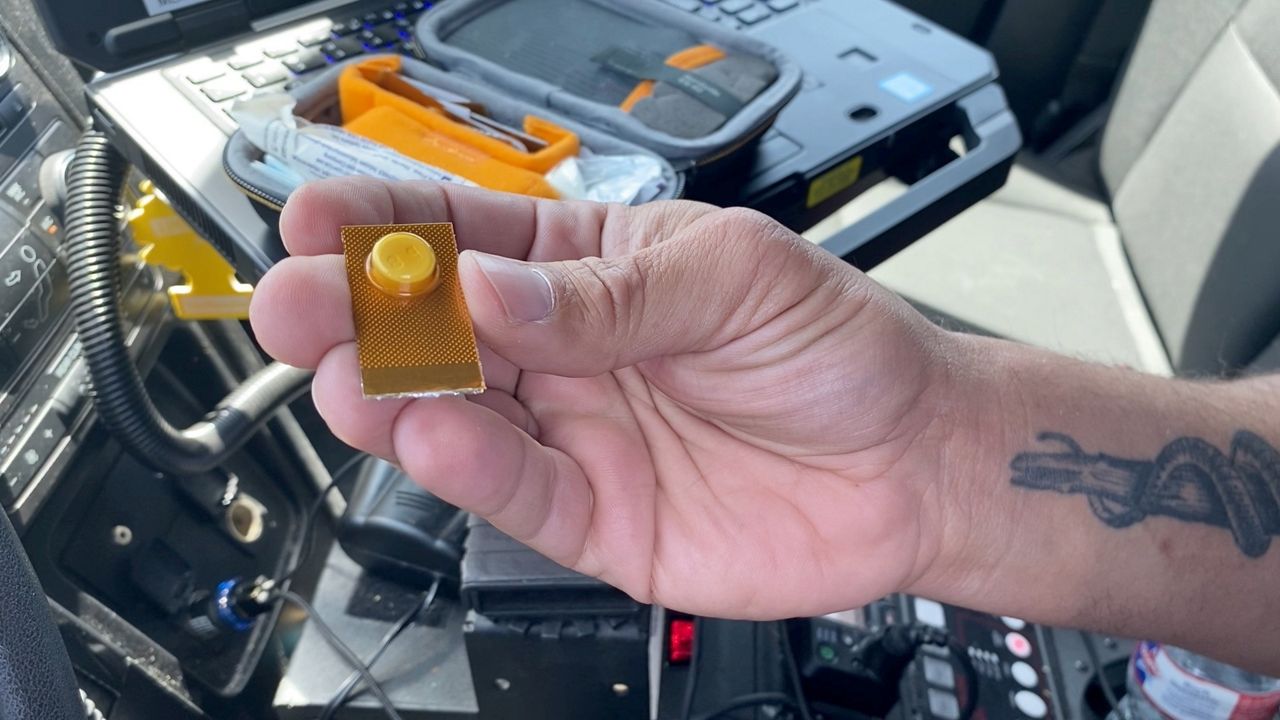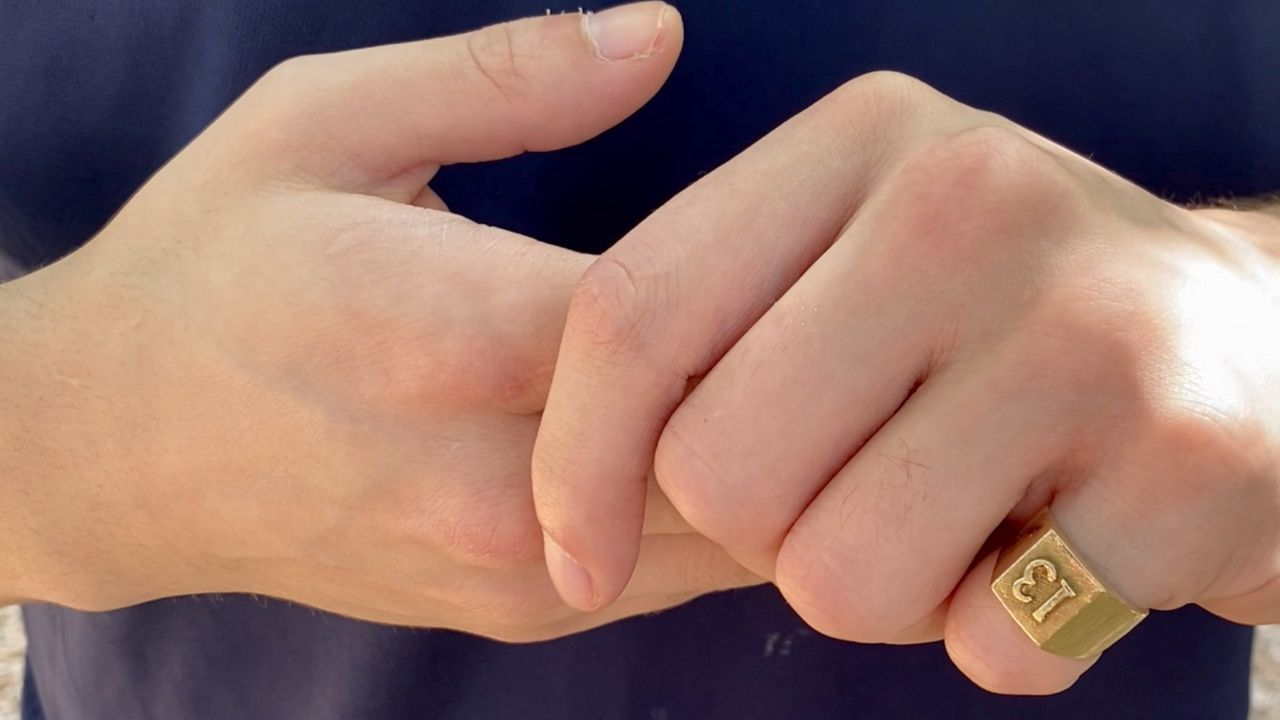AUSTIN, Texas — For the past 18 months, Austin-Travis County EMS Commander Blake Hardy and Opiate Case Manager Mike Sasser have been at the forefront of the Buprenorphine Bridge Program.
“This program has been life-changing for them and life-changing for me as well,” Sasser said. “We can get you into a place where you don’t have to call 911 anymore because you’re on something more stable and safer and you can start to put your life back together.”
By providing an alternative medicine to opioids, the intent it to treat those struggling from the day they’re willing to get help until the day they can get into a medication-assisted program.

“It’s essentially an opioid rescue,” Hardy said. “We’re going to take you from: I’m willing to get care, no more withdrawal symptoms, and we’ll keep you withdrawal free, up until that program starts.”
So far, the innovative program (BBP) has treated 170 patients and has more than a 90% success rate at helping to kickstart the recovery process.
St. Edward’s University senior Garen Aguilar is one of those success stories. Trapped in a spiraling addiction to painkillers after a car accident, the 21-year-old honors student believes this program saved his life.
“It started off as something so small as a pill a month to six to 12 a day,” Aguilar said. “When you’re going through those first two days or week until you can get on a drug that assists you because you need to get the opium out of your system, it was like 48 to 72 hours of hell.”
Following his second overdose last year, Aguilar met with Sasser and the two discussed one of the newest and rarest approaches to combating opioid addiction across the country.
“It helps you to be able to be level-headed without withdrawal, without that dependence,” Aguilar said. “No high so you can focus on the counseling and problems that led you to taking drugs in the first place.”
More than a year sober and set to graduate this spring, the future indigent lawyer still takes his recovery process one step at a time.

“To me, that’ll be something that haunts me for the rest of my life, but I’m very thankful that I’m here today,” Aguilar said.
The Central Texas resident says knowing there’s a way to fight those constant urges helps keep him and others on solid ground.
“I would say it’s a bridge, helping you walk to your road to recovery and helping you get through it,” Aguilar said.



